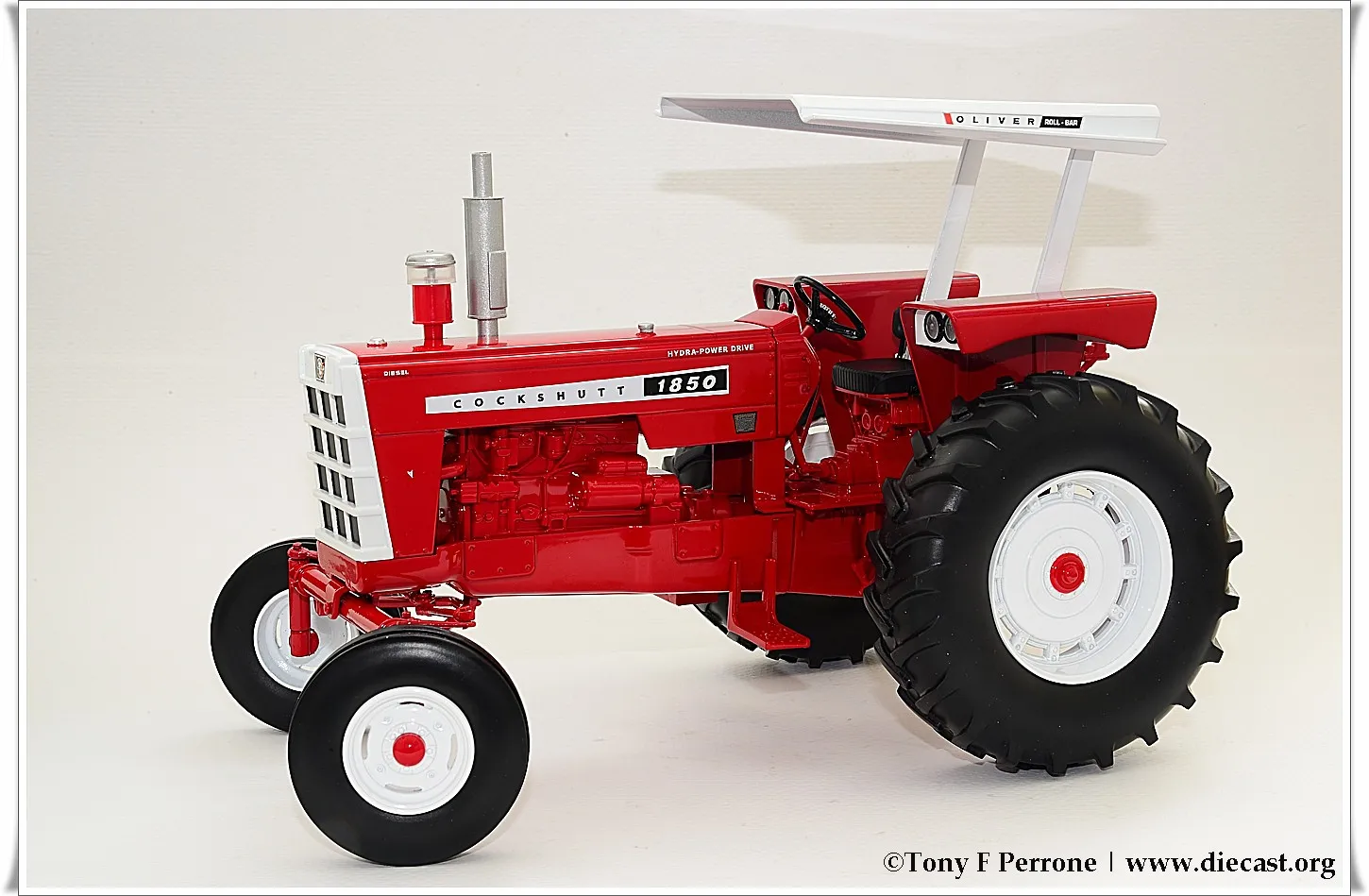What are Diecast Tractors
Diecast tractors are miniature replicas of real-life tractors, meticulously crafted from diecast metal. These models capture the essence of agricultural machinery, from classic vintage tractors to modern, high-tech farming equipment. Diecast tractors are prized collectibles, cherished for their detail, craftsmanship, and historical significance. They offer a tangible connection to the history of farming and the evolution of tractor technology. The appeal of these models extends beyond mere aesthetics; they provide a window into the past and a celebration of engineering ingenuity. Collectors often seek specific models, brands, and scales, building extensive collections that reflect their passion for tractors and agriculture.
The Appeal of Diecast Tractors
The appeal of diecast tractors lies in several key factors. First, the detailed craftsmanship of these models is truly impressive. Manufacturers strive to replicate every aspect of the real tractors, from the engine components to the tire treads. Second, diecast tractors are a nostalgic link to the past. Many collectors have fond memories of tractors from their childhood or family farms. Third, collecting diecast tractors is an engaging hobby. It offers a sense of community, with collectors often sharing their passion at shows, online forums, and through trading. The variety available is also a major draw. With countless models and brands, collectors can always find something new to add to their collection, including limited editions and rare finds. The value and investment potential is also attractive to many.
Historical Significance
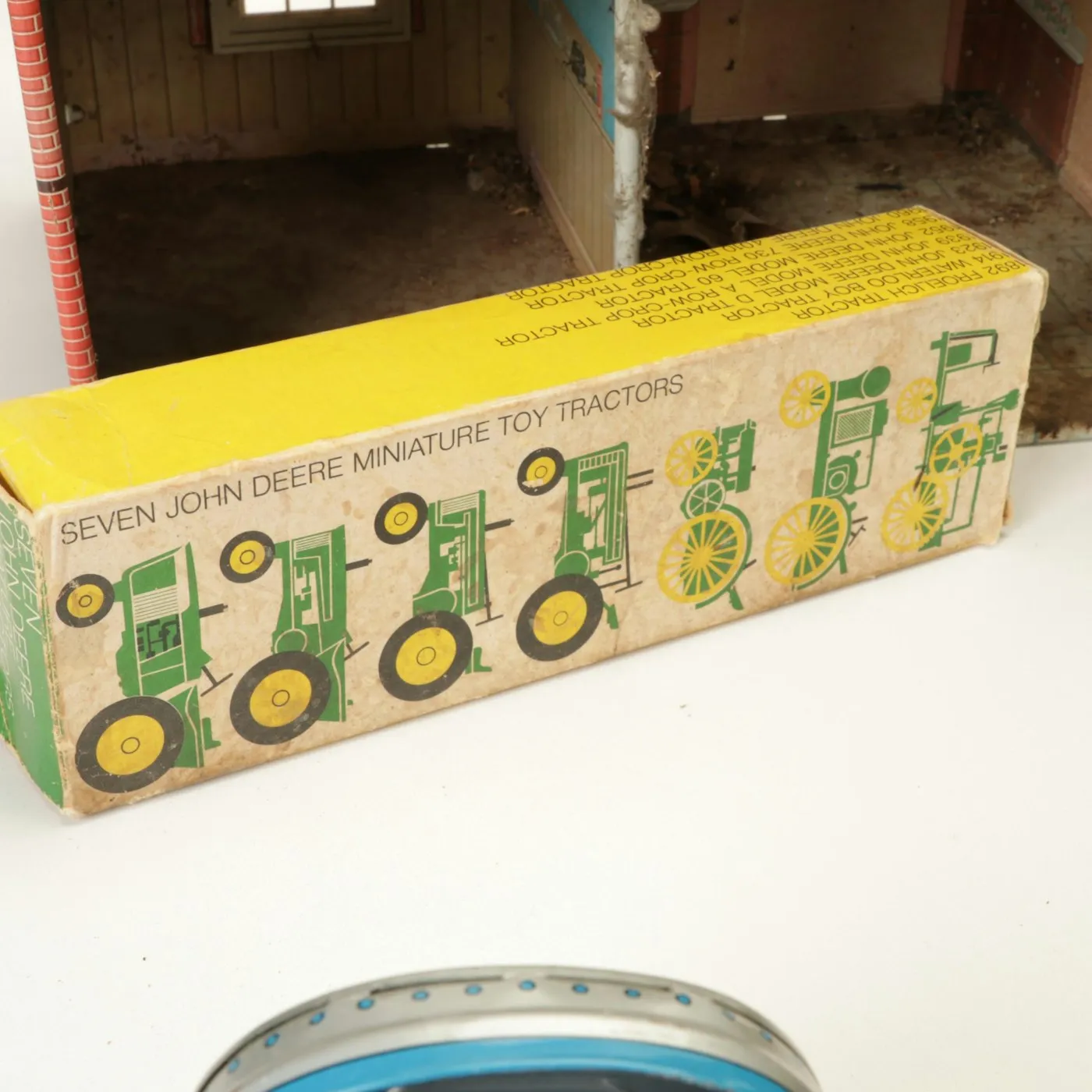
Diecast tractors are historical artifacts that encapsulate the evolution of agricultural technology. Each model represents a specific era in tractor development, mirroring advancements in engineering, design, and functionality. Collecting these tractors allows one to trace the progression from early steam-powered machines to the sophisticated, computerized tractors of today. These miniature representations offer insights into the societal and economic shifts that accompanied agricultural innovation. They serve as educational tools, teaching about the history of farming, the lives of farmers, and the impact of technological change. The models also highlight the cultural importance of tractors, which are often seen as symbols of hard work, resilience, and the American (or global) agricultural heritage. Owning diecast tractors is like owning a mini-museum of agricultural history.
The Value of Diecast Tractors
The value of diecast tractors varies significantly depending on several factors. Some models are worth hundreds or even thousands of dollars, while others are more affordable. The value is influenced by brand, model, condition, rarity, and the presence of original packaging. High-end brands, such as those known for their exceptional detail and limited production runs, tend to command higher prices. Condition is crucial, with mint-condition models fetching a premium. Rarity, particularly of older or limited-edition models, greatly increases value. Original packaging, especially if it’s in good condition, adds considerable value as well. Collectors often invest in these models as a way to preserve history while potentially realizing financial gains. The market dynamics are continually shifting, influenced by demand and supply, making it a fascinating aspect of the hobby.
Factors Influencing Value
Several factors determine the value of a diecast tractor. The brand is a key indicator, as certain manufacturers are known for their quality and collectibility. John Deere, Case IH, and other established brands are often highly sought after. The specific model plays a crucial role, with rare or iconic tractors commanding higher prices. The condition of the tractor is paramount, as models in mint condition are more valuable. Original packaging, including the box and any accompanying paperwork, adds significantly to the value. Limited-edition models, especially those with special features or a low production run, are highly prized. The scale or size of the model may affect value, with larger scales often being more valuable due to their detail. Market demand and trends also impact value; popular models in high demand appreciate quickly, while others may depreciate.
Rarity and Limited Editions
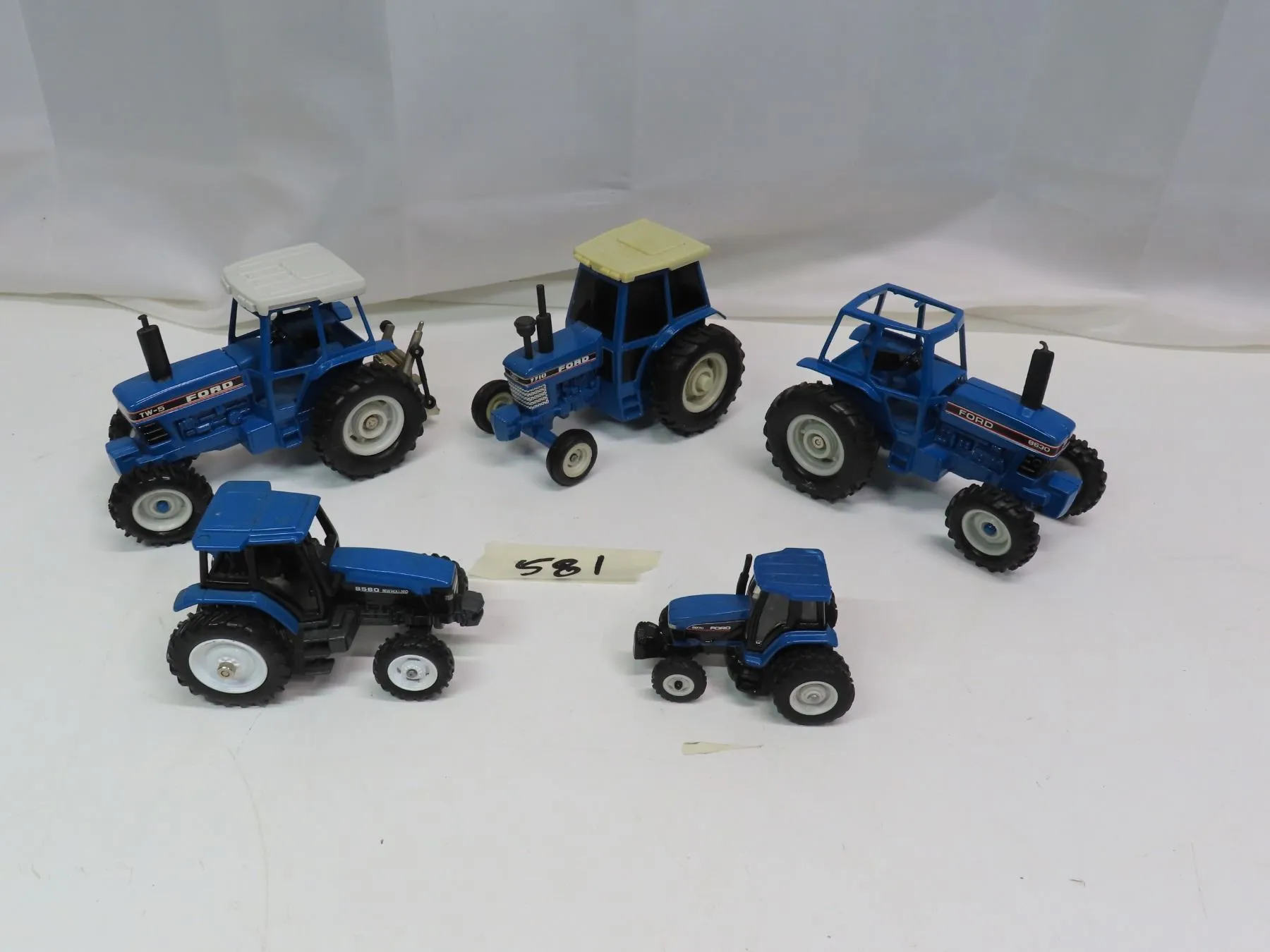
Rarity and limited editions are vital elements in determining the value of diecast tractors. Limited-edition models, which are produced in small quantities, are highly sought-after by collectors. These models often feature unique details, special paint schemes, or commemorative markings. Their scarcity makes them valuable assets. Older models, especially those that are no longer in production, are inherently rare. The passage of time and the potential for damage contribute to their scarcity. Certain brands and specific models, released in limited quantities, can appreciate dramatically in value over time. Collectors actively seek these rare items to enhance their collections. Knowing which models are limited or rare is vital for investing and collecting. The thrill of discovering a rare diecast tractor is a significant part of the hobby’s appeal.
Popular Diecast Tractor Brands
The diecast tractor market features numerous brands, each with its unique appeal to collectors. These brands offer various scales, features, and model variations. The most popular brands are known for quality, detail, and historical accuracy. These brands are often the starting points for new collectors. Established brands cater to both new and seasoned collectors. The best brands are typically known for their attention to detail and wide model selection.
John Deere
John Deere is one of the most iconic brands in the diecast tractor world. Known for their signature green and yellow color scheme, John Deere models are instantly recognizable. The brand offers a diverse range of models, from classic vintage tractors to modern agricultural equipment. Collectors highly value the detail and accuracy of John Deere replicas. This includes intricate engine components, realistic tire treads, and detailed interior features. The brand’s commitment to quality and its long history in agriculture make John Deere models highly desirable among collectors. Many collectors specialize in collecting John Deere models, creating extensive collections that represent the brand’s legacy.
Case IH
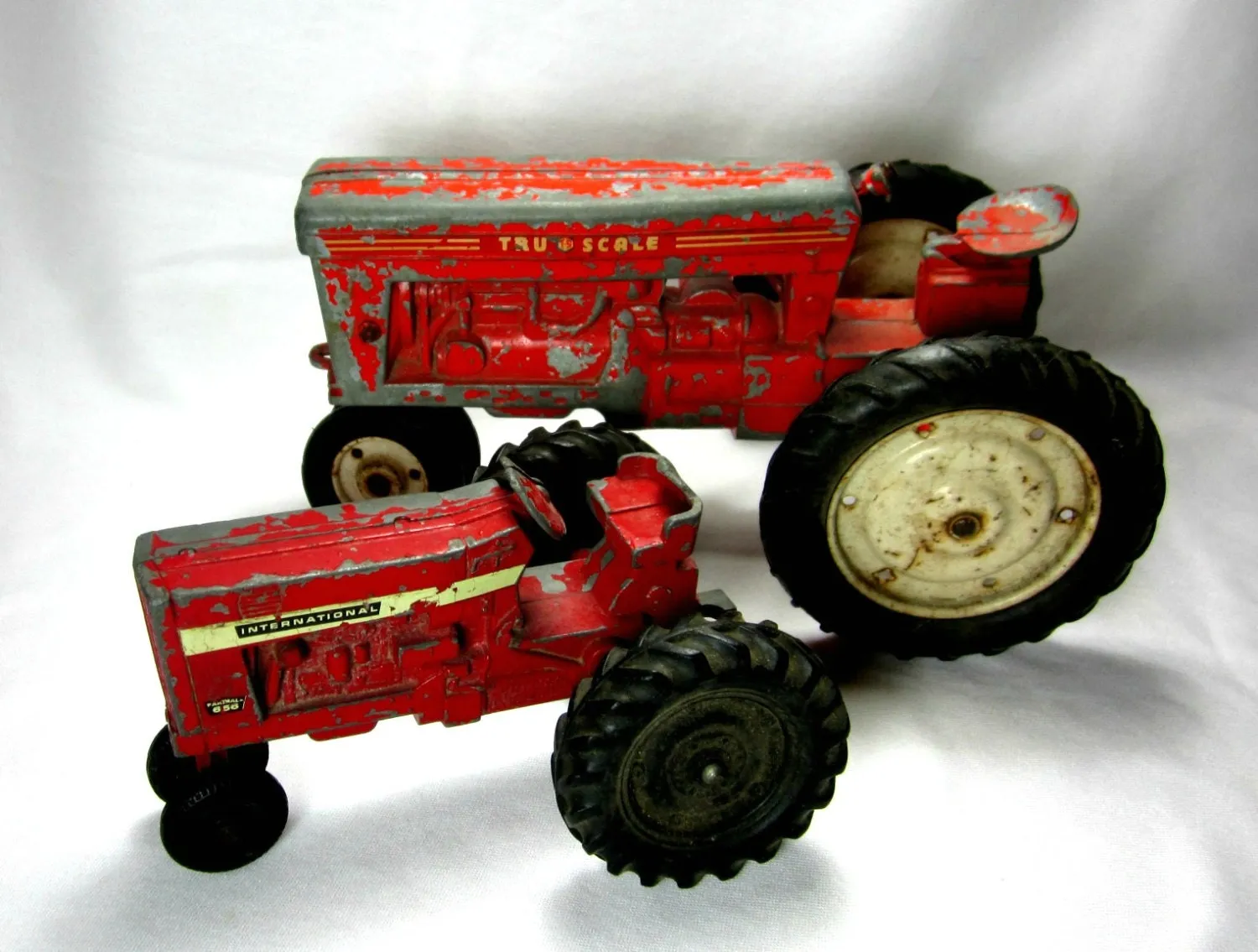
Case IH is another highly respected brand in the diecast tractor market. Case IH tractors are famous for their red color and robust designs. The brand has a rich history, with models that appeal to a wide range of collectors. Case IH diecast tractors are known for their detailed craftsmanship and accurate representations of real-life machines. From classic models to advanced modern tractors, Case IH provides a wide variety of collectable items. These models often include detailed cabs, authentic decals, and realistic implements. Collectors appreciate the quality and the historical significance of the brand. Case IH models are a valuable addition to any diecast tractor collection.
How to Identify a Diecast Tractor
Identifying a diecast tractor involves carefully examining its various features and details. Collectors use specific criteria to identify a diecast tractor. The scale and dimensions of the model are essential identifiers. The materials used, often diecast metal, are another key factor. The presence of specific details, such as the brand’s logo, model numbers, and specific design elements, can confirm authenticity. Collectors also examine the paint quality, the level of detailing, and any unique features. These factors contribute to the value and authenticity of the model. Learning how to identify key characteristics is an essential skill for anyone interested in collecting diecast tractors.
Scale and Dimensions
Scale and dimensions are fundamental aspects of identifying a diecast tractor. Common scales include 1:64, 1:32, and 1:16, with each scale representing a different size relative to the real tractor. Collectors use these scales to categorize and display their models. Measuring the length, width, and height of a tractor can help to determine its scale and authenticity. These models should be accurately proportioned to their real-life counterparts. Understanding scale is important to ensure that models are compatible with other items in your collection. Collectors often specialize in a specific scale, as the size and detail vary.
Materials Used
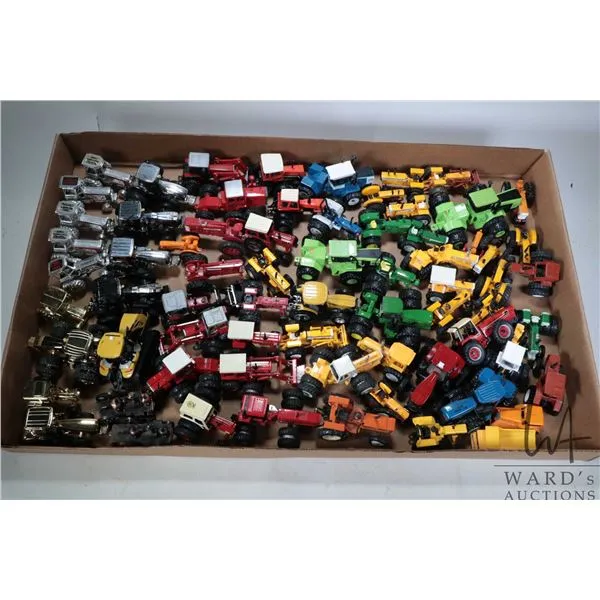
The materials used in constructing a diecast tractor are a key aspect of its identity. The main material is diecast metal, a process that involves casting molten metal into a mold. This method allows for high levels of detail and durability. Other materials like plastic and rubber are used for tires, interior components, and other details. High-quality diecast tractors use metal for the majority of their parts, giving them a realistic look and feel. The use of premium materials indicates a higher-quality model, reflecting in the price. Examining the materials helps to determine the model’s authenticity and condition. Understanding the materials is crucial to appreciating the craftsmanship.
Where to Buy and Sell Diecast Tractors
There are various avenues for buying and selling diecast tractors, each with its own benefits. The marketplace is broad, ranging from online platforms to in-person events. Collectors can buy from specialist stores, online marketplaces, and collector shows. Each avenue provides its advantages in terms of selection, price, and convenience. Selling diecast tractors can be done through the same channels, from online auctions to direct sales. Knowing the best places to buy and sell is vital for both expanding your collection and potentially making a profit. The collector community is very active, so engaging with other collectors is important.
Online Marketplaces
Online marketplaces offer a convenient and broad platform for buying and selling diecast tractors. Sites such as eBay, Amazon, and dedicated collector forums are popular choices. These platforms offer access to a vast selection of models from different brands, scales, and conditions. Buyers can compare prices, review seller ratings, and purchase with ease. Sellers can reach a global audience, listing their tractors with detailed descriptions and photos. Online auctions allow for competitive bidding, potentially driving up the price for rare models. The convenience of online marketplaces makes them a go-to resource for both buyers and sellers. Ensuring proper research and due diligence is very important to avoid fakes and make the best deal possible. This marketplace facilitates the growth of diecast tractor collecting.
Collectors’ Clubs and Shows
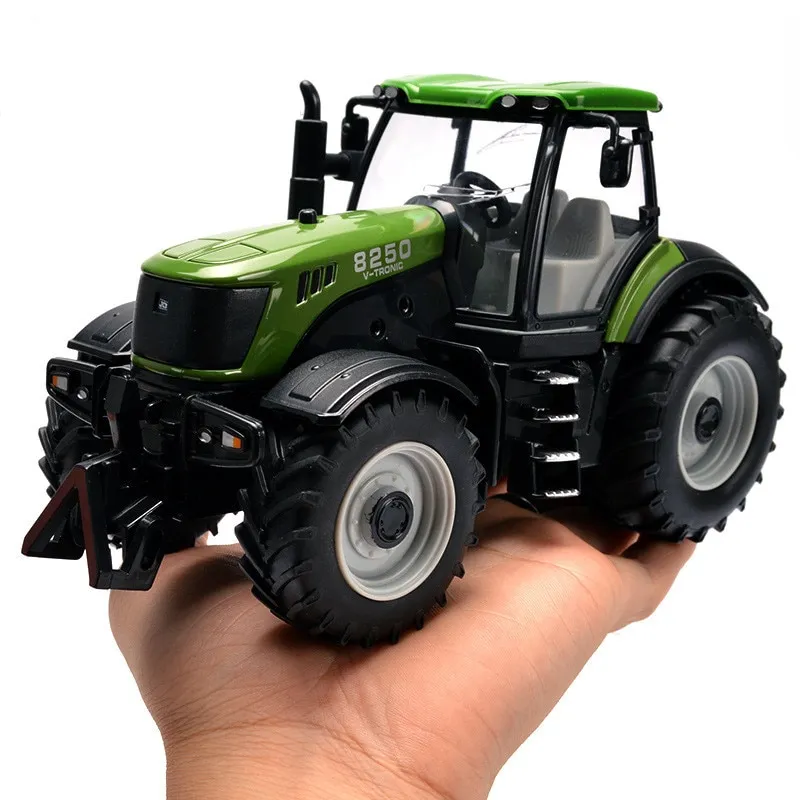
Collectors’ clubs and shows provide unique opportunities for buying, selling, and connecting with other diecast tractor enthusiasts. Collectors’ clubs organize events, meetings, and swap meets. These events offer a sense of community and facilitate face-to-face transactions. Collector shows are major events where dealers and collectors gather to buy, sell, and showcase their models. They often feature displays, competitions, and auctions. Attending these events gives collectors a chance to see rare models, meet experts, and expand their networks. Building relationships with fellow enthusiasts is essential to collecting. Collectors can share knowledge, trade models, and find valuable items. Participating in collector shows and clubs adds social enjoyment to the hobby.
How to Care for Diecast Tractors
Proper care is essential to preserving the value and condition of your diecast tractors. Careful handling, cleaning, and storage practices are essential. These practices help to protect the models from damage, dust, and environmental factors. Regular maintenance can prevent deterioration and maintain their appeal for years to come. Taking the right precautions protects the investment and ensures that each model retains its beauty. Learning how to maintain diecast tractors correctly is a fundamental aspect of collecting. The longevity of the models is heavily influenced by these techniques.
Cleaning and Storage
Cleaning and storage are essential aspects of caring for diecast tractors. Cleaning your models regularly helps to remove dust, dirt, and grime, preventing damage. It is best to use a soft brush and mild cleaning solutions specifically designed for delicate surfaces. Avoid using harsh chemicals or abrasive materials that could damage the paint or details. Proper storage is also very important. Display your models in a dust-free environment, away from direct sunlight and extreme temperatures. Store your models in protective cases, if possible, or in original packaging to prevent damage. Regularly inspect your collection for any signs of wear or damage, addressing them promptly. Effective cleaning and storage practices are essential for preserving the value and beauty of your diecast tractors.
Preventing Damage
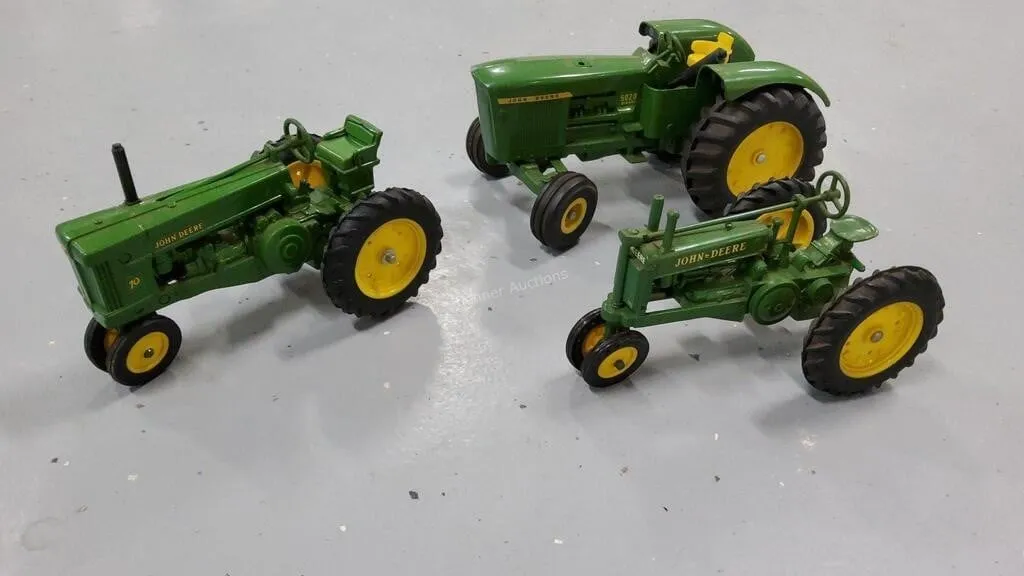
Preventing damage to your diecast tractors involves several key strategies. Handle your models with care, avoiding dropping or mishandling them. Protect your tractors from direct sunlight, which can fade the paint and degrade the materials. Avoid exposing them to extreme temperatures or humidity. Display your models in a stable environment, away from areas with high traffic or potential hazards. When moving or transporting your tractors, package them carefully, using bubble wrap or soft materials. Periodically inspect your models for any signs of damage, such as scratches, dents, or loose parts. Address any damage immediately to prevent further deterioration. Taking proactive steps can help you keep your diecast tractors in pristine condition.
Collecting Diecast Tractors
Collecting diecast tractors is a rewarding hobby that blends historical appreciation, meticulous craftsmanship, and the thrill of the hunt. These miniature machines are more than just toys; they are tangible representations of agricultural history, engineering innovation, and the passion of collectors. From the careful selection of specific models to the joy of displaying them, the hobby provides satisfaction. Whether you’re a seasoned collector or just starting, the world of diecast tractors offers endless opportunities to explore, learn, and connect with others who share this unique passion. Collecting these tractors provides both a fascinating hobby and potential investment opportunity.
